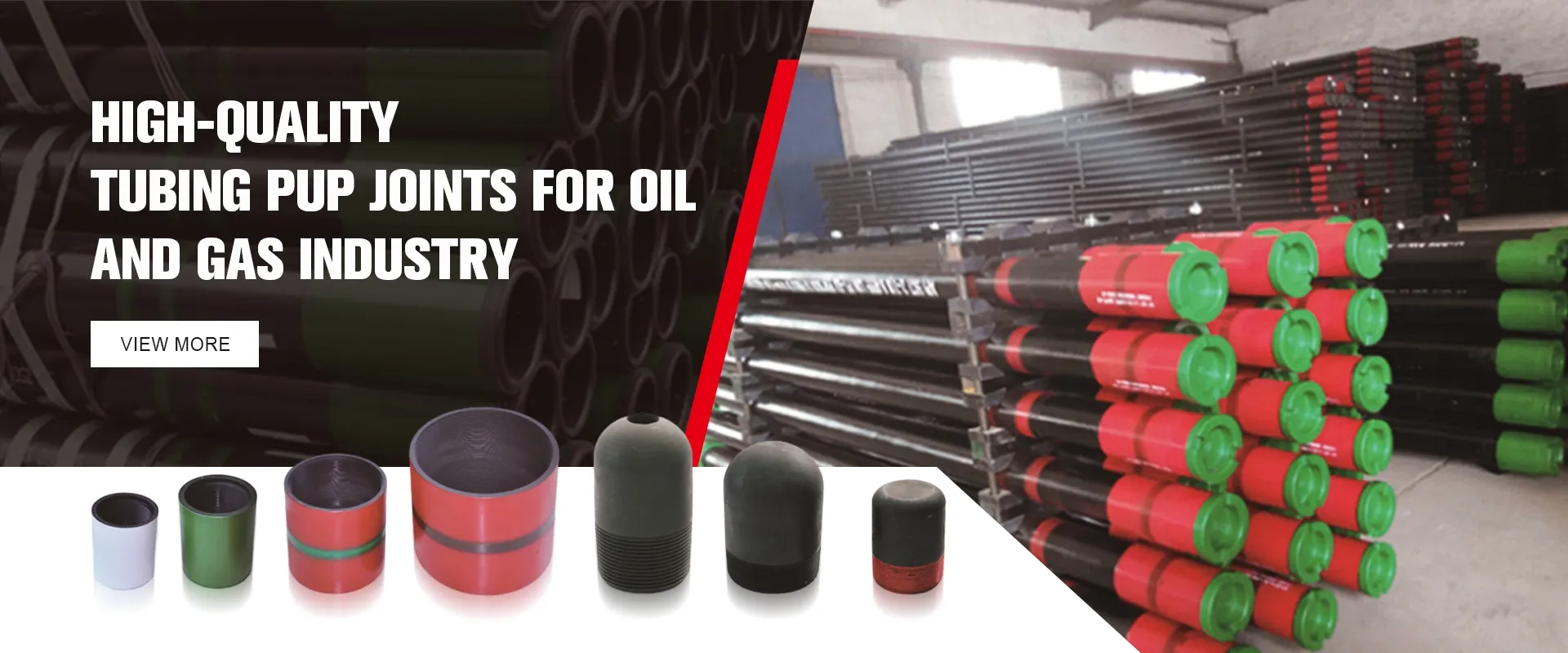- Afrikaans
- Albanian
- Amharic
- Arabic
- Armenian
- Azerbaijani
- Basque
- Belarusian
- Bengali
- Bosnian
- Bulgarian
- Catalan
- Cebuano
- Corsican
- Croatian
- Czech
- Danish
- Dutch
- English
- Esperanto
- Estonian
- Finnish
- French
- Frisian
- Galician
- Georgian
- German
- Greek
- Gujarati
- Haitian Creole
- hausa
- hawaiian
- Hebrew
- Hindi
- Miao
- Hungarian
- Icelandic
- igbo
- Indonesian
- irish
- Italian
- Japanese
- Javanese
- Kannada
- kazakh
- Khmer
- Rwandese
- Korean
- Kurdish
- Kyrgyz
- Lao
- Latin
- Latvian
- Lithuanian
- Luxembourgish
- Macedonian
- Malgashi
- Malay
- Malayalam
- Maltese
- Maori
- Marathi
- Mongolian
- Myanmar
- Nepali
- Norwegian
- Norwegian
- Occitan
- Pashto
- Persian
- Polish
- Portuguese
- Punjabi
- Romanian
- Russian
- Samoan
- Scottish Gaelic
- Serbian
- Sesotho
- Shona
- Sindhi
- Sinhala
- Slovak
- Slovenian
- Somali
- Spanish
- Sundanese
- Swahili
- Swedish
- Tagalog
- Tajik
- Tamil
- Tatar
- Telugu
- Thai
- Turkish
- Turkmen
- Ukrainian
- Urdu
- Uighur
- Uzbek
- Vietnamese
- Welsh
- Bantu
- Yiddish
- Yoruba
- Zulu
Exploring Bull Plug Usage in Oil and Gas Industry Applications
Bull Plug A Critical Component in Oil and Gas Operations
The oil and gas industry is known for its intricate operations and the use of specialized components that ensure efficiency, safety, and reliability. One such component that plays a critical role in various processes is the bull plug. Though it may seem like a simple device, the bull plug serves multiple essential functions in drilling, production, and maintenance activities.
What is a Bull Plug?
A bull plug is a type of fitting used in the oil and gas sector to seal off the end of a pipe or tubing. It is designed to provide a tight seal, preventing the leakage of fluids or gas and ensuring that pressures within pipelines remain stable. Typically made from robust materials such as steel or plastic, bull plugs are available in various sizes and configurations to suit different pipeline specifications.
Importance of Bull Plugs in Oil and Gas Operations
1. Preventing Leaks One of the primary purposes of a bull plug is to prevent leaks during drilling and production operations. Given the high pressures and potentially hazardous materials involved in oil and gas extraction, a small leak can lead to significant operational inefficiencies and pose safety risks. The bull plug ensures that no undesired substances escape from the pipeline, maintaining both environmental safety and operational integrity.
bull plug oil and gas

2. System Maintenance Bull plugs are also critical during maintenance activities. When sections of a pipeline need to be serviced or inspected, a bull plug is used to seal off the end of the pipe. This isolation allows workers to conduct their tasks without the risk of pressurized fluids escaping, thereby ensuring a safer working environment. Once maintenance is complete, the bull plug can be easily removed and the system can be put back into operation.
3. Flexible Configurations The versatility of bull plugs makes them suitable for various applications within the industry. They can be used in oil wells, gas lines, and other critical infrastructure. Depending on the specific requirements, bull plugs can be designed to handle different temperatures, pressures, and corrosive environments, providing a tailored solution for every scenario.
4. Cost-Effectiveness Although it may seem inconsequential, the use of bull plugs can contribute to cost efficiencies in oil and gas operations. By preventing leaks and facilitating easier maintenance, companies can avoid the expenses associated with environmental cleanups and equipment repairs. Furthermore, ensuring a secure system through the use of bull plugs can enhance overall operational reliability, leading to a more efficient workflow and reduced downtime.
Conclusion
In conclusion, the bull plug is a small yet vital component in the oil and gas industry. Its ability to provide a reliable seal, ensure safety during maintenance, and adapt to various operational demands underscores the importance of this device in day-to-day operations. As the industry continues to evolve and face new challenges, the role of components like the bull plug will remain crucial in maintaining efficiency and safety in oil and gas operations. It’s a reminder that sometimes, the simplest solutions can have the most significant impacts.
-
Tubing Pup Joints: Essential Components for Oil and Gas OperationsNewsJul.10,2025
-
Pup Joints: Essential Components for Reliable Drilling OperationsNewsJul.10,2025
-
Pipe Couplings: Connecting Your World EfficientlyNewsJul.10,2025
-
Mastering Oilfield Operations with Quality Tubing and CasingNewsJul.10,2025
-
High-Quality Casing Couplings for Every NeedNewsJul.10,2025
-
Boost Your Drilling Efficiency with Premium Crossover Tools & Seating NipplesNewsJul.10,2025







